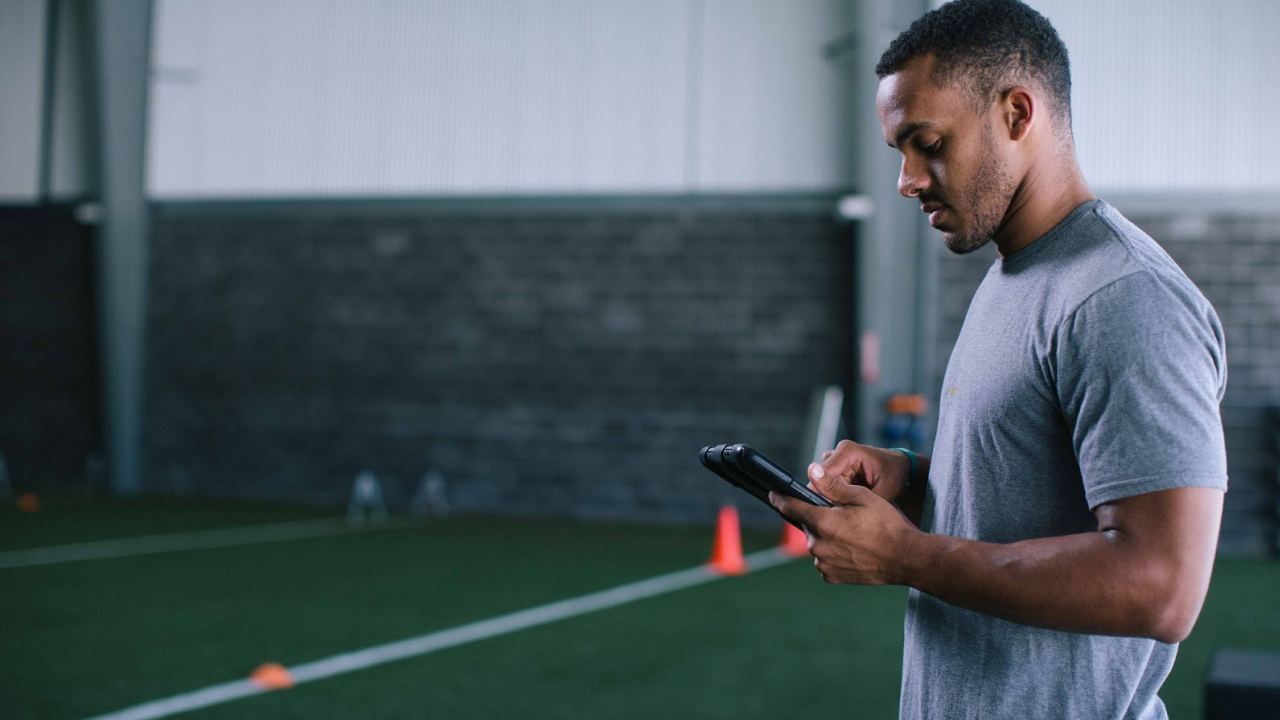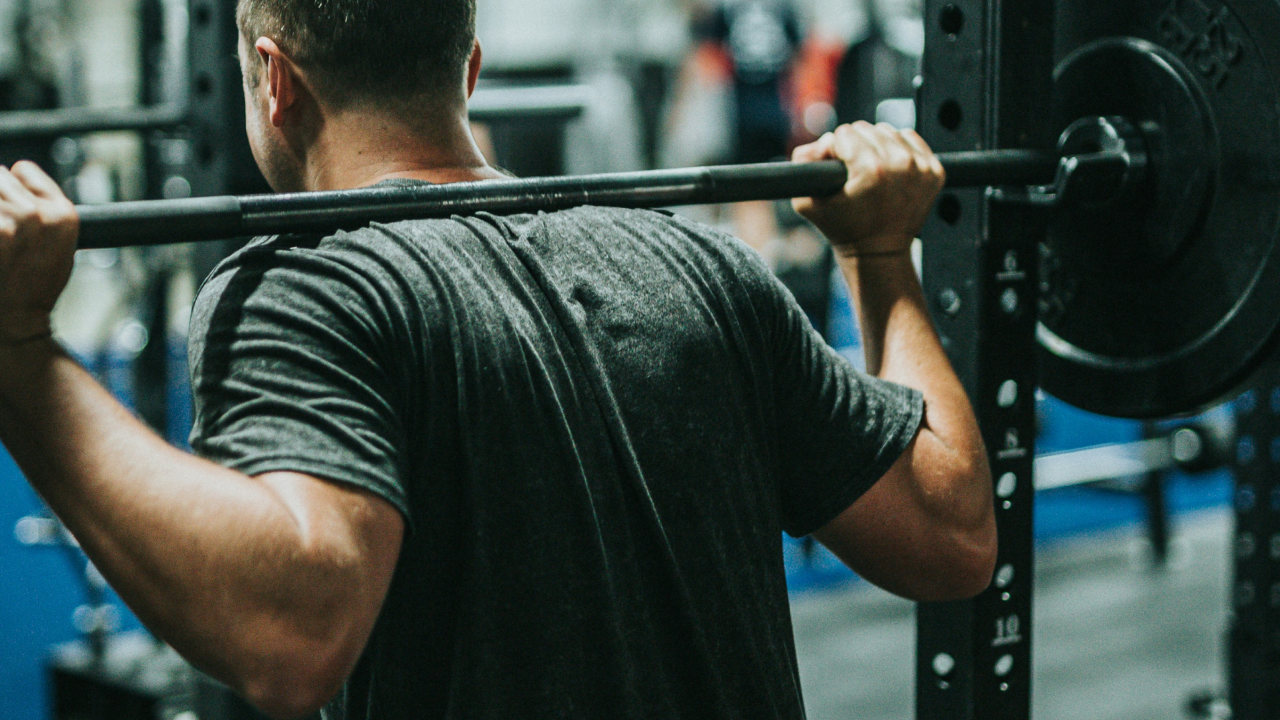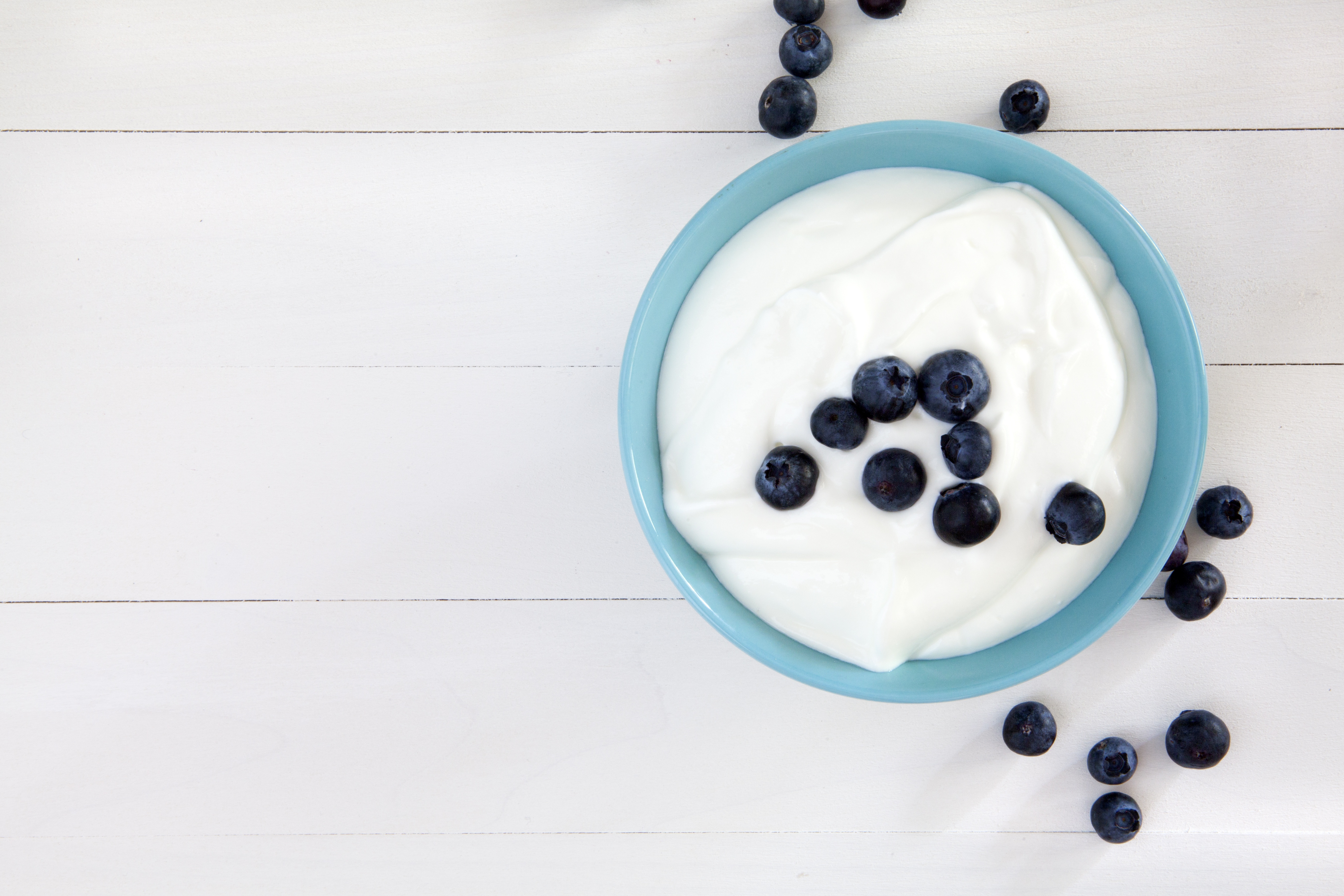Find The Right Fuel For Your Athletes
Nutrition
Hot off the stove- our latest nutrition tips!
Nutrition is always a hot topic in performance because it is so important. With new fads coming in and people changing what fuels them we will cover all you need to know about pre and post-workout eating and everything else an athlete's body needs for optimal performance.
Pre-workout
What you are eating before you workout makes all the difference. You need to fuel yourself properly so you can harness your energy rather than feel sluggish and slow. Read this Healthline article on what to eat and in what ratios so you can reach your optimal performance.
Using supplements before your work can aid in preparation.There are different pre-workout supplements you can use. Expect to go through a few trials before finding what works for you. But, before you fall in love with a pre-workout, make sure you know what's in it.

We found an article from GNC listing the 5 most common pre-workout ingredients and what they do.
#1 Beta-Alanine
Main benefit: helps control muscle fatigue. It increases level of Carnosine in your muscles, which helps control your muscle fatigue.
#2 Caffeine
Main benefit: Increases level of energy. They typically have 100-300 milligrams of caffeine, which is equivalent with about 1-3 cups of regular coffee.
#3 Creatine
Main benefit: Help your muscles make and circulate adenosine triphosphate (ATP), a compound that releases energy used for muscle contractions. It supplies high levels of energy to your muscles in short bursts. It creates immediate energy production during exercises.
#4 L-arginine
Main benefit: It's an important amino acid and a building block for nitric oxide to help maintain a normal blood vessel function. It also help produce creatine which we just learned gives you energy.
#5 Bcaas (branched chain amino acids)
Main benefit: Fuels your body during your workout and helps to reduce the amount of protein breakdown that occurs. They are essential amino acids, meaning your body doesn't make it on its own.
Now, that you know what ingredients to look for in your pre-work out, check out Stack's article on different pre-workout supplements to figure out what type may be best for you.
Post-workout
Post workout fueling is arguably the most important time for an athlete to be fueling themselves correctly. "The 1st hour after workout is particularly important to kickstart recovery." - Thorne.
There are many different aspects that go into good post workout fueling, but first let's talk about supplement options. Using supplements for post workout aids in recovery, especially when getting the proper nutrition can be difficult.
"Amino acids- nutrients that build cells, support muscles, decrease fat synthesis, improve redox state and promote energy production, are all essential for post workout recovery, But out bodies only naturally produce 11 of the 20 amino acids it needs." Enter Thorne Amino Complex.
Another key supplement are protein powders. The three most common protein powders:
- Whey
- Soy
- Casein
Whey is the most popular because it is a water soluble milk protein. "Why Protein Power is considered a complete protein because it contains all the essential amino acids and it's recognized for its high rate of absorption. "
What to consider when choosing your protein powder:
#1 Goals
Protein powders are generally manufactured with a specific goal in mind. Ones with higher protein content are best for building muscle and recovering quickly after a workout. However, powders with high amounts of fiber will keep you feeling full longer if you are trying to lose weight.
#2 Ingredients
Whey is one of the most common ingredients in many of today’s protein powders - it comes in concentrate and isolate form. So what’s the difference? Isolate offers a higher protein content with less lactose. But for those of you on the dairy-free train, you may prefer a Whey alternative.
Now, if you want to decide which protein power would work best for you, check out this list for a full pro/con breakdown of the most popular protein powders on the market.
Outside of protein powders, athletes should ensure they are eating the right protein-packed foods. Quality whole-food sources of protein, such as dairy-products or eggs, beef and soy can meet baseline protein needs which helps with overall performance and recovery.
Vitamins
Let's talk about vitamin D. Such an important vitamin that often goes neglected by athletes and coaches given our sun exposure. However, even athletes who are frequently outside are deficient in this essential vitamin.
Here's the deal with vitamin D...
A study found that athletes who practiced outside during the summer and spring absorbed more vitamin d than those who practiced indoors or during winter months and as a result, these outdoor athletes performed better on average than the other group.
Vitamin D plays a prominent role in bone health, meaning it can help prevent injury for athletes. It also supports the immune function, essential for activating immune cells.
Vitamin D is associated with:
- Normal blood pressure
- Healthy immune function
- Muscle strength and mass
- Bone and teeth help
- Promoting cell growth
- Healthy neuromuscular function
- Normal inflammatory response
- Optimal calcium absorption.
Sold on the importance of vitamin D? Now thinking of how your athletes can get more of it? Don't worry, you don't need to change your practice schedule so your athletes are out in the sun more. Vitamin D supplements could be the solution. Here are the top 10 Vitamin D supplements from Labdoor.
Adding nutrition into your workflow
At AS Roma, fueling athletes is a top priority. The staff found the best way to ensure athletes were getting the proper food, both before and after their workouts, was to add their nutritionist into the workflow. They built a kitchen for the team nutritionist to host everything an athlete could need need in one centralized place.
"We wanted to improve the overall workflow so when the athletes come in and move from the locker room they are always constantly passing by the nutrition kitchen. So whether it's pre- nutrition stuff or post-nutrition stuff, it is always accessible and easy." -Darcy Norman
Nutrition Training Classes
"Trainers will double as health coaches" -EXOS
To better prepare yourself for all things nutrition, EXOS has a class to aid trainers and coaches in integrating nutrition into training. It's an online course with videos and interactive learning experiences so any trainer can double as a health coach. With nutrition becoming more crucial for an athlete to train, you can put yourself ahead of the pack and better train your athletes. Never stop learning, take the course.
"Coaching your clients on their nutritional strategy is more than just communicating basic concepts, discussing current research or making a meal plan. During this presentation we will discuss our nutrition-coaching model and share our approach on guiding your client to connect their nutritional strategy to overall life and not just their body composition.” - EXOS

About the Author

At Bridge, we are all athletes and coaches first. As athletes, our team has experienced everything from riding the pine on JV, to winning NCAA championships, to competing in the Olympic Games. As coaches, we have helped countless athletes reach their full potential, winning everything from age group section championships to Olympic Gold Medals.
Related Posts

Six Benefits of Exercise on Mental...
Exercise is not only vital for physical health but also plays a transformative role in mental...

4 Easy Steps to Launch and Sell a...
The holiday season offers a unique opportunity for personal trainers to reach more clients and...

4 Proven Offers to Attract Clients and...
Standing out in the competitive world of personal training and fitness coaching requires more than...

